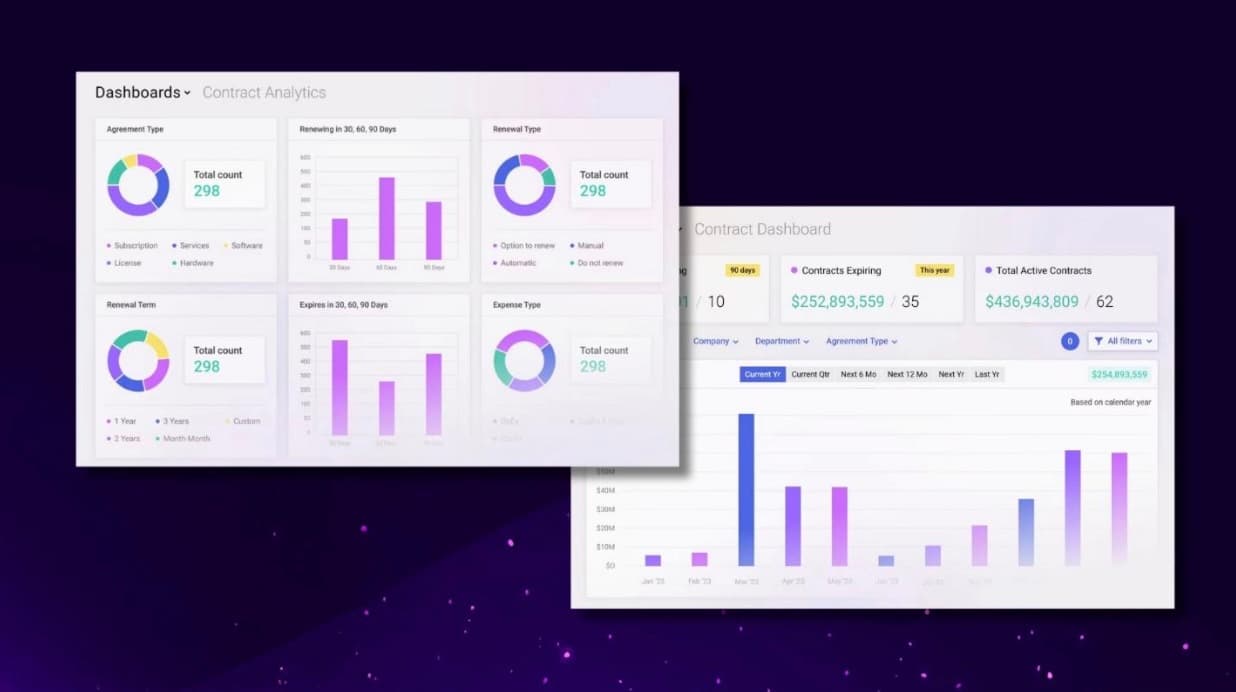AI is no longer a future disruptor; it’s a present force reshaping workflows, decision-making, and even the nature of professional responsibility across industries. From finance to HR, cloud engineering to education, leaders are voicing a common message: the promise of AI is enormous, but only if we approach it with curiosity, care, and a priority on keeping people actively engaged in the process.
Personalization at Scale, Without Losing the Human Thread
“AI is transforming financial services,” says Aparna Bhat, “by automating routine tasks and enabling real-time risk assessment and fraud detection.” Similarly, Rajesh Sura highlights how retail e-commerce is moving from dashboards to dynamic predictions, unlocking hyper-personalized experiences across platforms.
Yet both emphasize a shared risk: automation can introduce bias or strip away nuance if left unchecked. “We’re the ones who give AI direction,” says Sanjay Mood, pointing to the need for professionals to stay grounded in business context while using AI to drive smarter marketing decisions.
In HR, Gayatri Tavva calls for a “tech-savvy humanist” approach. “AI can help us spot pay disparities and predict talent trends, but it must remain a partner—not a replacement—for human empathy in decision-making.”
From Automation to Intelligence: AI’s New Role in Infrastructure
In the cloud and telecom sectors, AI is ushering in intelligent automation. “Predictive autoscaling, anomaly detection, and GenAI for documentation are changing how infrastructure is managed,” says Srinivas Chippagiri. Meanwhile, Anil Pantangi emphasizes telecom’s shift “from legacy load to AI-driven agility.”
But this intelligence demands vigilance. “We must understand how models make decisions,” Chippagiri warns. As systems grow more autonomous, oversight becomes not just technical but ethical.
Redefining Workflows—and Responsibility
Ram Kumar Nimmakayala offers a sobering perspective: AI isn’t just transforming workflows—it’s redistributing judgment. “Dashboards now whisper decisions before leaders even ask questions,” he says. “The real risk isn’t bias—it’s institutional dependence dressed up as efficiency.”
That’s echoed by Naomi Wolfe in the education sector. AI tools like MagicSchool AI enhance productivity, but their power demands AI literacy to ensure ethical, effective use.
“Professionals don’t need more upskilling courses,” Nimmakayala adds. “They need permission to challenge the machine, and a workplace culture that backs them when they do.”
Cross-Functional Fluency is the New Superpower
Across sectors, one thing is clear: professionals must develop hybrid skillsets. “Blending finance expertise with tech awareness is essential,” says Nikhil Kassetty. Venkat Sanka agrees: “It’s not about writing code the old way—it’s about knowing how to prompt AI effectively for real-time tasks.”
This fluency is especially urgent in high-stakes domains. In insurance, Raja Krishna notes that AI can improve access to financial products—if it avoids amplifying the very biases it seeks to solve. In fintech, Kassetty warns that AI handling sensitive decisions requires strong governance and ethical grounding.
From Factory Floor to Strategy Room
AI isn’t just optimizing operations—it’s expanding strategic capability. “At the world’s largest semiconductor equipment company, we use AI for predictive maintenance and adaptive control,” says Sathyan Munirathinam, Ph.D. “It’s moving us toward self-diagnosing systems that reduce costs and downtime.”
In cybersecurity, Abhishek Agrawal sees AI reshaping on-call engineering. “We can surface anomalous charts instantly and trigger investigations automatically. It’s a game-changer for responsiveness and clarity.”
The Cultural Shift: From Coders to Cognitive Architects
Hemlatha Kaur Saran captures the big-picture transformation: “Tech companies are no longer just building platforms, they’re curating cognition.” With AI, developers become strategists, and every product evolves in real-time.
This transformation demands not only new tools, but a new mindset. As Preetham Kaukuntla at Glassdoor puts it: “AI won’t eliminate the human element but it will reshape where, when, and how we show up.”
The opportunity is not just scale—but smarter, fairer, more human-centered systems. The future won’t be written by AI alone. It’ll be shaped by the professionals who choose to partner with it critically, creatively, and ethically.














